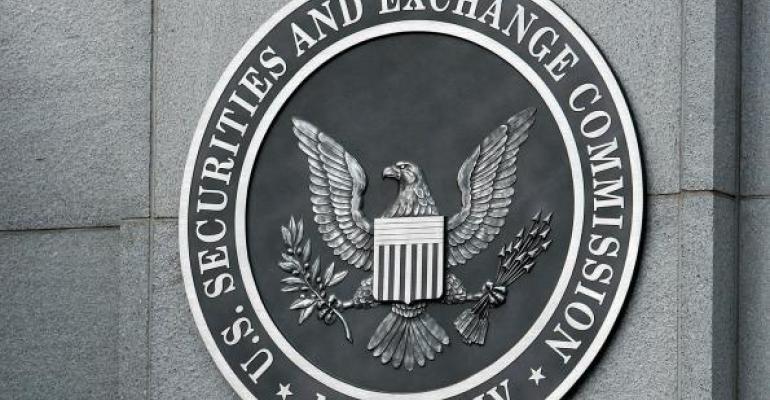SEC examiners continue to find violations of its’ amended marketing rule, including advisors falsely claiming they are “free of all conflicts,” according to a new risk alert.
The risk alert posted by the commission’s Division of Examinations this week is the third one related to the marketing rule and the second since firms were required to comply with the rule (the first was released in June 2023).
The newest alert focuses more on the specific kinds of potential violations, including misstatements on Form ADVs and inadequate books and records. However, SEC examiners also found firms made untrue and unsubstantiated statements in marketing materials.
These included the aforementioned (and untrue) claim of being conflict-free, as well as “erroneous” personnel qualifications and referencing investment mandates for advisors in a firm when no such mandates were used (like ESG mandates).
Some ads also omitted necessary information; for example, some firms claimed their advisors differed from others because they acted in a client’s best interest without revealing that this was required of all SEC-registered advisors. In some cases, ads would use images of celebrities that erroneously implied they endorsed the firm.
The marketing rule went into effect in May 2021, with a compliance date set for the end of the following year; then-SEC Chair Jay Clayton called the amended ad rules an attempt to revisit requirements the commission hadn’t reassessed in decades.
Among other changes, the rules allowed testimonials and endorsements to be used in advertisements under certain conditions and with the proper disclosures. However, the rule also curtailed hypothetical performance in ads (which has been the focal point of several of the SEC’s ad rule-related enforcement actions so far).
The risk alert highlighted that firms were omitting they’d used hypothetical performance in advertisements on sections of their Form ADV, violating the new rules.
Examiners also found cases where testimonials in ads were misleading. In one example, advisors used testimonials from clients of a third-party product on the advisors’ website without disclosing that the testimonials were for the advisors’ services rather than the product. Many firms haven’t decided to swim into those waters, with an IAA survey last July finding that only 5% of firms increased their use of testimonials in the aftermath of the ad rule.





